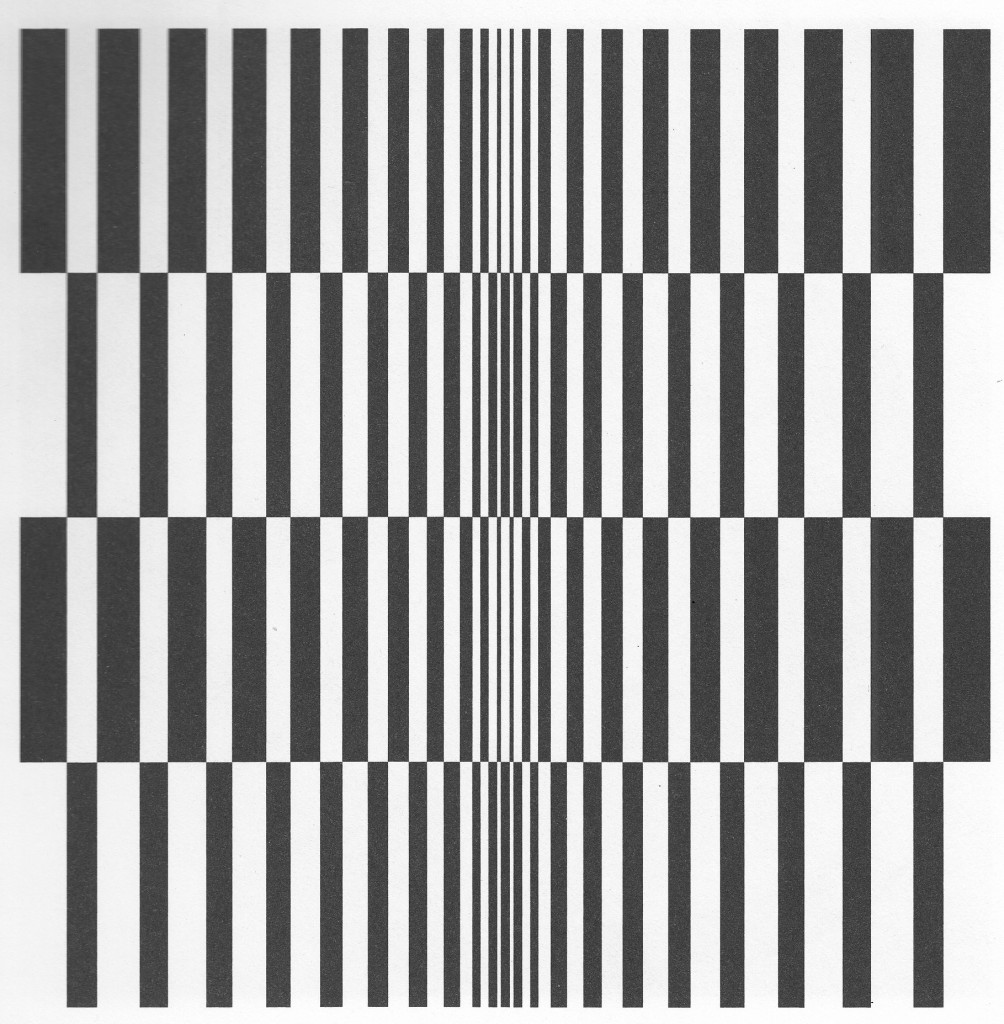Exodus 20:1-17 & Mark 12:28-34
Liberty. It’s at the center of much of what we wrestle with these days: from the goals of the Arab Spring, to the violence of ISIS, to the rhetoric of John McCain. It’s what Madonna represents and what Lady Gaga dresses to articulate. Freedom is claimed as the reason for tax breaks, drone strikes and minimum-wage increases. It’s the foundation of #blacklivesmatter and what the police reclaim. It’s at the heart of our national identity. Our constitution is framed from the philosophical views of John Locke, radically stipulating [in the 1600s] that government is morally obliged to serve people, namely by protecting life, liberty, and property. Locke asserted the He explained our now familiar principle of checks and balances to limit government power. Nearly treasonous then, he insisted that when government violates individual rights (what he called tyranny) people may rightly rebel and overthrow it. So what’s this wordy talk about liberty how to do with faith?
In our faith perspective we hold a different yet similar contradiction: freedom comes from keeping God’s Torah law.
“And I will live a life of freedom because I pursue Your precepts. “ – Psalm 119:45 (The VOICE)
We’re not free to do whatever we want (individualism) but rather to live within and from community, recognizing our interpersonal nature by creation, faith and vocation. But is our freedom situational or absolute, can we do what we deem right, or do we have to obey God’s absolute law? Is freedom static or dynamic, fundamental or progressive?
Exodus 20:1-17 – the Ten Commandments
The Torah (God’s Law) is given as a covenant – a mutual, forbearing inter-personal contract between God and Israel. Curiously this mighty moment is the last time that God talks directly to directly to the people in the Bible. In verse 18 – they ask for Moses to talk for them, because they’re afraid of God. Are these 10 laws, or 10 sayings/words [the literal translation] more about doing or more about being? It seems that the teachings themselves are a pathway to freedom. God’s image and name are not useful. God refuses to be a commodity used to abuse, leverage, exploit or commodify others. We’re called to live the same way with each other – as full participants, active subjects, not objects to possess, abuse or control. The Torah [law] of God is perfect, sure, right, clear, pure and true. It’s soul-reviving, wise-making, heart-rejoicing, eye-enlightening and forever-enduring. How is that different that what you’ve been taught?
Mark 12:28-34 – the most important commandment
This narrative teaching is at the heart of the message of Jesus. Asked – possibly as a trap – to summarize the Torah – Jesus does so with what has become called “the golden rule.” The love of God is indissociable from the love of others (1 John 2:9-11). Everything flows from this dynamic unity of vision, relationship and action.
Questions for going deeper:
- What word grabs your attention in today’s selections?
- How do you struggle with freedom in your own life? In our church community? In our society?
- What does it mean for you to obey God? Why do it?
- What is the most essential part or thing of being a follower of Jesus for you? How do you identify yourself: fundamentalist?; conservative?; evangelical?; liberal?; progressive?; something else….?
- How does Torah and the teachings of Jesus give you life?
Did you take in the image with this entry? It’s an optical illusion; a trick of the eye – a picture entirely in black and white – the absolutes and extremes – and yet if you linger your vision on it you’ll see what looks like gears turning both clock-wise and counter-clockwise. What seems to be static and absolute, is actually dynamic and dependent upon your vision – in relationship with your eyes – with you. That’s what the 10 words and the teaching of Jesus are getting at – moving us to surpass seeing each others as objects, distant, static, to recognizing that we are created together in the image of God – the together part is essential – and that dynamic of community is what sustains us and gives us direction in life.
